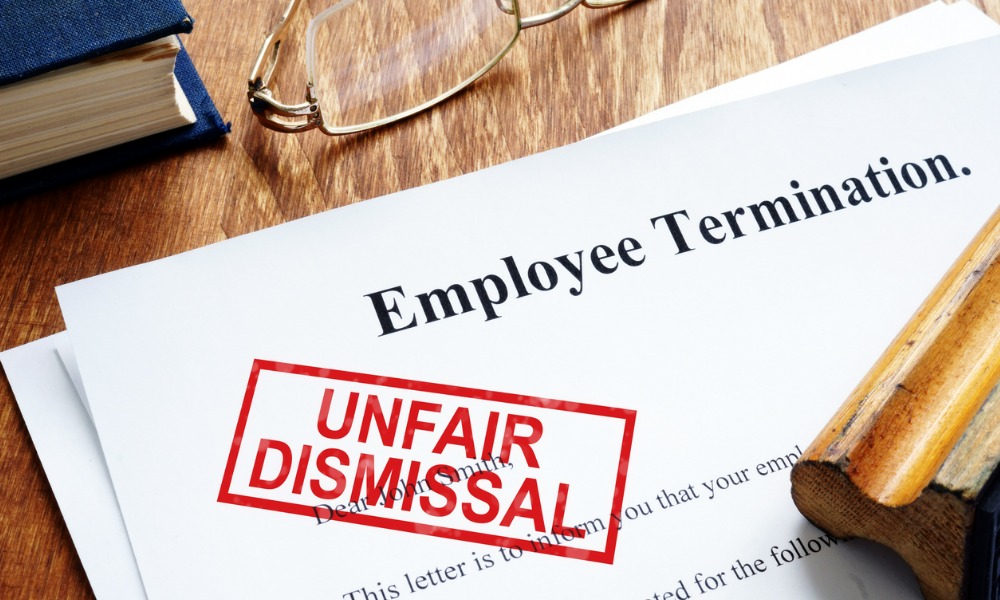
During closure, worker not paid but remained employed

The Fair Work Commission (FWC) recently dealt with an unfair dismissal case involving a brick-laying apprentice and his employer, a sole trader.
The case revolved around the termination of the apprentice's employment and the cancellation of his apprenticeship without his knowledge or consent.
In this case, the FWC had to determine whether the dismissal was harsh, unjust, or unreasonable, and if so, what remedy should be ordered.
The worker had been employed as an apprentice bricklayer by the employer since July 2022. In July 2023, the employer informed the worker that he would have to close the business for a period of time due to personal health issues.
The closure commenced on September 28, 2023, and during this time, the worker was not paid but remained employed by the business.
“The arrangement during the closure was that [the worker] would continue to be employed by the business but that there would be no work for him to do and no payment made,” the records said. The worker also believed that the closure would only last for two to three months.
In December 2023, the worker contacted the employer about returning to work. However, the employer indicated that he was still unwell and unable to reopen the business. The worker continued to seek information about returning to work through text messages in January 2024.
On January 22, 2024, the employer took steps to cancel the worker's apprenticeship without his knowledge.
The employer submitted a form to Training Services NSW, purporting to be an agreement between the worker and the employer to cancel the apprenticeship effective from September 28, 2023.
The FWC noted that "the form itself purports to represent an agreement between [the worker] and [the employer] that the apprenticeship be cancelled."
However, the worker was not informed about this action and did not consent to the cancellation.
The worker filed an unfair dismissal application on February 14, 2024, after receiving notice of the apprenticeship cancellation from Training Services NSW.
The employer initially argued that the worker had not been dismissed but was on a period of unpaid leave. However, during the FWC conference, the employer accepted that the initiative taken to cancel the apprenticeship resulted in the termination of the worker's employment.
As the FWC stated, "regardless of how the [employer] anticipated [the worker] would react, it should have informed him that it was taking steps to cancel his apprenticeship."
The FWC found that "the dismissal was unreasonable,” adding that it was “satisfied that [the worker] was unfairly dismissed within the meaning of s.385 of the FW Act."
The FWC considered the employer's actions in cancelling the apprenticeship without the worker's knowledge or consent to be unreasonable conduct.
The worker did not seek reinstatement, and the FWC found that "the relationship has broken down and reinstatement is inappropriate." Instead, the worker sought compensation.
The FWC considered various factors in determining the amount of compensation, including the impact on the employer's financial situation, the worker's length of service, and the potential earnings had the worker completed the apprenticeship.
The FWC acknowledged the unusual circumstances of the case, stating that "the unusual circumstances of this case, which involve dismissal from a business that was in a hiatus at a time when no earnings were being made, do not lend themselves easily to the usual approach."
Ultimately, the FWC ordered the employer to pay the worker $2,500 in compensation, roughly equivalent to two weeks' pay, in lieu of reinstatement.